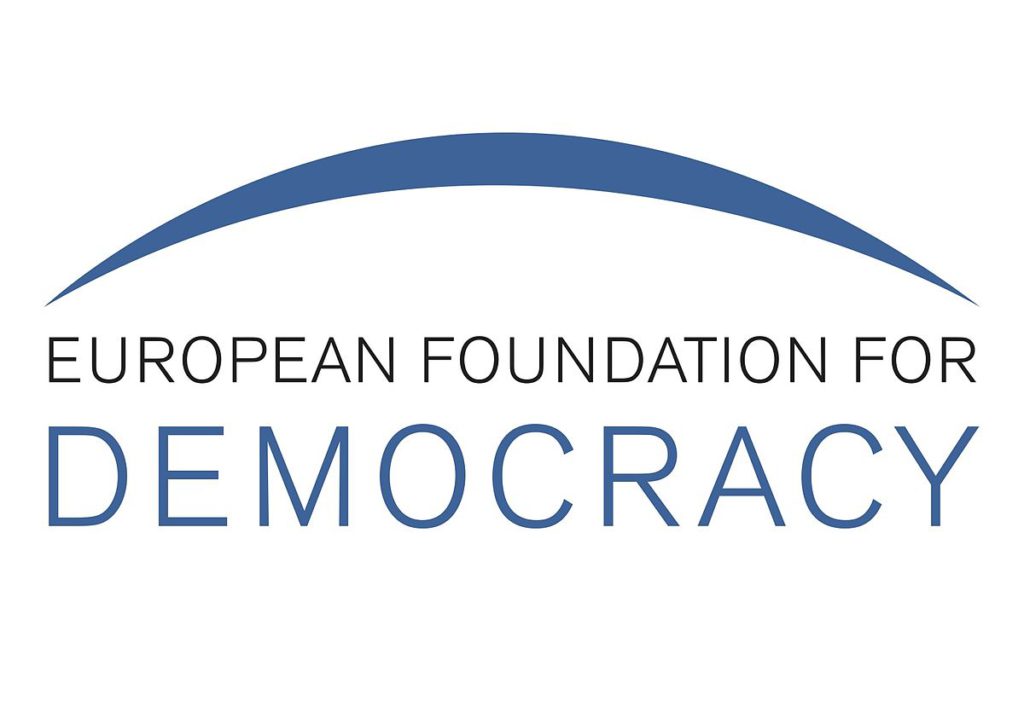Event

Sharing best practices in countering violent extremism: can EU and U.S. prevention experts learn from one another?
On 1 December 2015, the European Foundation for Democracy organised a public policy briefing, in collaboration with the European Institute of Peace, the Counter Extremism Project and the U.S. Mission to the EU. The panel discussed both European and U.S. radicalisation prevention programmes, how best to reach out to vulnerable communities, considered what a compelling counter narrative needs to look like and what needs to change in existing prevention policies in the U.S. and Europe.
One of the speakers, from the U.S., stressed that the problem of radicalisation begins at the street level, making it difficult to address and even more difficult to detect. She addressed the issue of the ideology, increasingly recognised as the main sources of violent radicalisation. Political Islam/Islamism is corrosive to the fabric of democracy and confronting it is critical for addressing radicalisation and violent extremism, she said.
Another speaker, from the City government of Brussels, told the meeting that radicalisation has a very important social impact and the single biggest challenge that he faces is the taboo around talking about the issue: building trust to allow people to speak out is a huge challenge. That is why prevention services and outreach activities are so important, he said.
A third speaker, from Belgium, emphasised the enormous radicalisation problem faced by schools in Belgium and across Europe. She outlined an international education manifesto being developed in response to this challenge, coordinated by the radicalisation working group that she co-chairs which is financed by the European Commission. The manifesto highlights in particular the need for greater cooperation between local, provincial, federal and EU levels of government in order to foster a more comprehensive approach to address radicalisation in schools, she said.
